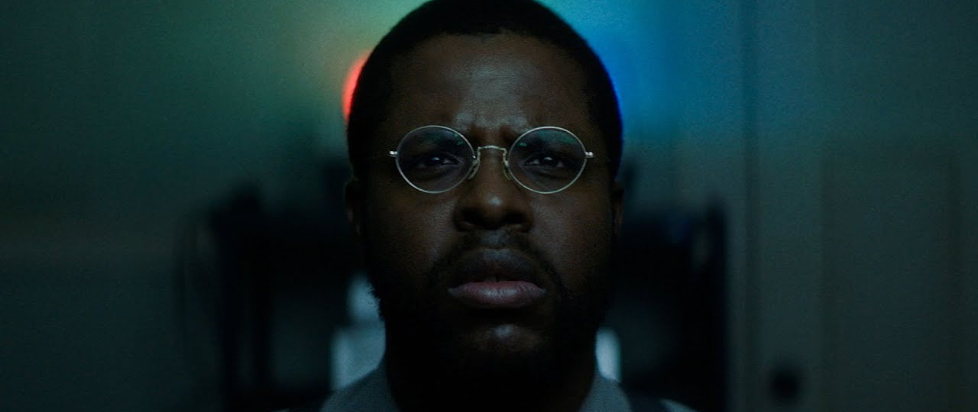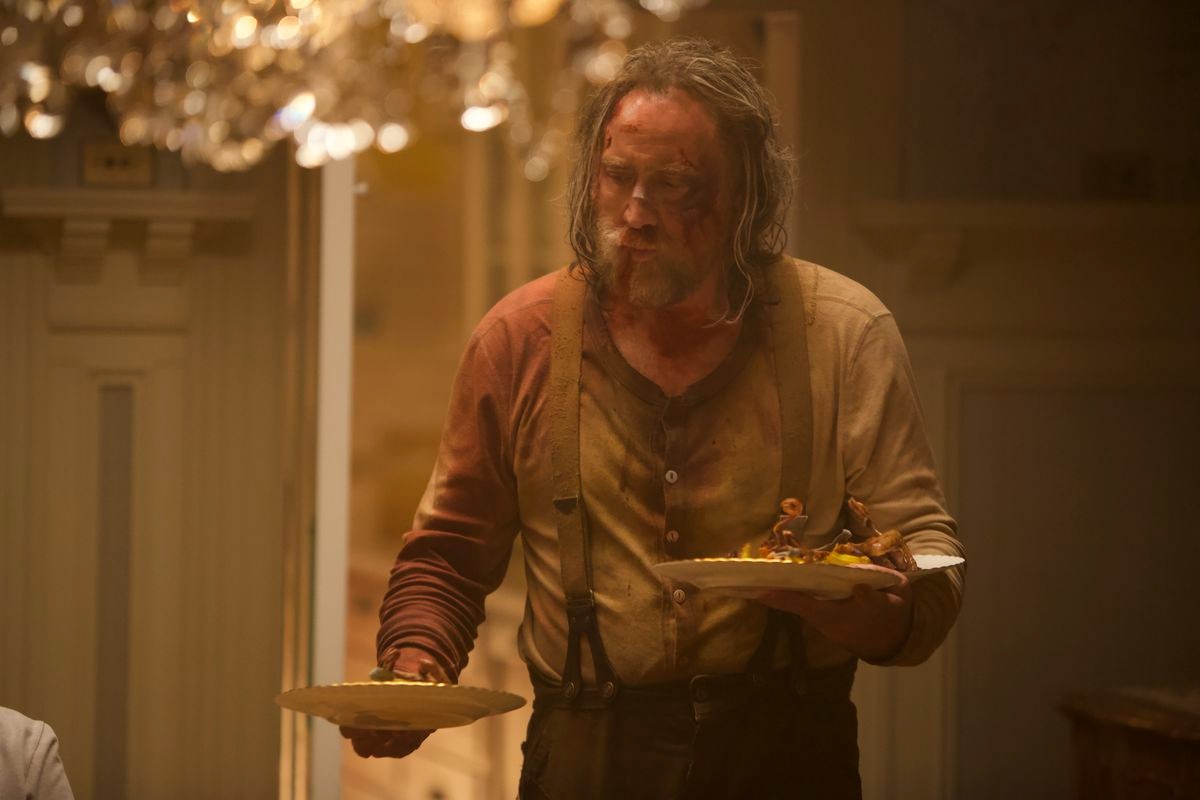
You’ve Gotta Stop Living Like You’re Already Dead

This column is a reprint from Unwinnable Monthly #164. If you like what you see, grab the magazine for less than ten dollars, or subscribe and get all future magazines for half price.
———
Kcab ti nur.
———
“You’ve gotta stop living like you’re already dead” is a repeated central message in Aloe Vera’s self-produced album, which delivers righteous anger and self-doubt in tandem. As marginalized people, we are often pushed into just-about-existing, spending so long fighting that it becomes hard to detach the self from the slogan, from the struggle, from the fighter. Vera embodies this detachment from certain self by lacing her rhymes with references, as if desperately invoking borrowed power. It’s that constant maintenance of The Fight (or at least the artifice of it) which can become a powerful defense mechanism; after all there’s no time to admit that you’re hurting when you have committed to martyrdom. But ultimately, naming every factor and every system won’t save you. What use is it to name the knife that slides between your ribs if you can’t let yourself be helped?
By contrast, in Pig, the rich are the deadest of all. When they eat, they’re not eating food, they’re eating authenticity. They want a story that they can put in a doggy bag to reheat in the aga later.
What’s even realer though is the underground endurance game. The rhythm of domination reaches its crescendo in a dingy warehouse, Rob (played by Cage) is the undisputed champion of a set-up which easily could have been an underground boxing ring but turns out to be something much darker – a betting pool on how long a person can physically endure being brutalized. And there the mask is off. There is nothing more fun to them than reasserting their dominance. Battering someone who cannot hit back because they need the money to pay rent. The example Michael Sarnoski and Vanessa Block present is deliberately extreme but a clear parallel of when (to paraphrase Jamelle Bouie) there are people who dine out at places with table service just to feel the power of it all – especially when they can hold the promise of a tip over the head of the staff serving them.

This is not a way of being that knows how to create. All it can do is churn and churn, bear more and more down on the people it looms over. It is the dead, speaking to the dead, praising each other’s exquisite taxidermy.
15 seconds. This man was no superhero. 30 seconds. There was no secret technique to ensuring this. 45 seconds. The only trick was to rid yourself of the illusion. 60 seconds. That you were anything but a vessel and a receptacle. 90 seconds. An automaton unbidden. 120 seconds. And so there he stood. 240 seconds. The steel tipped punches grew slower and breaths heavier. 480 seconds. They’d be better off trying to punch a tombstone.
In Edson Oda’s Nine Days, with arguably his best performance to date, Winston Duke plays an ambiguously defined supernatural being (Will) interviewing human souls to decide who gets the chance to be born. As we get more and more snippets of his personhood, we discover a deep well of loneliness and misery behind the professional exterior, contrasted by his friend and sometimes assistant Kyo, played by Benedict Wong in a hilarious but also deeply sensitive performance – something he’s been denied in his MCU roles.
Oda (and production designer Dan Hermansen) makes the transcendental physical. There are metal filing cabinets, long walks through the dust, stages built from scrap metal, a projector with giant film reels. In giving this film materiality, we are moved beyond vague platitudes about what it means to be alive and into the sharp realities that make this something rather than nothing – like the feeling when sawdust gets stuck in your nostril. In that physicality, you are forced to consider these existential questions as things with actual heft.

Kyo watched Will drag the almost-rusted bike onto a pedestal then helped him secure it down. He never got how Will did it, kept so stoic in his grave duty. The pair brought out some rags and oil, cleaning the bike until it was almost-new, and Kyo could see concern reflected back at him. He didn’t know why he and Will didn’t fade like the rest, why it was their task to do this now, why they couldn’t hold on to these souls for just a little longer. When they rose from the bike, Will suddenly moved in and before Kyo could say anything had wiped a dark streak of oil from his cheek. Startled, he gave a muffled thanks though Will had turned away already, but in the reflection off the bike – he could’ve sworn he saw an almost-smile.
Both of these are very tangible films, with leads that are men who do not get to play this sensitive role often. It’s been a long time since anyone tried to cast Cage as a serious lead, with the camp Cage-mania often obfuscating the fact that he’s a very talented performer. Whereas with Duke, he’s usually a comedic second fiddle and/or physical threat, with either element riffing on his relative size and Blackness, so seeing him so restrained (with one very intentional and moving exception) was fascinating.
I never used to cry at films, but it always presented a sort of distant fascination for me. I think to cry at art, and I mean a real cry not the sort that a charlatan forces out of you by playing the same four heartstrings in a minor key, requires you to truly open your chest and give yourself to the world playing out in front of you and that’s . . . hard. It’s a lot easier to maintain that firm and critical distance, to sit like Will does as the start of the film with notepad in hand, emotions locked behind thick glasses and V-neck sweaters. Or to disappear like Rob, hide away from anything that ever hurt you and pray the world doesn’t come knocking on your door. But both of these films brough that out of me, made me give a little bit of openness I wasn’t anticipating – maybe it won’t even take a two-hour film next time.
The credits roll. The lights go up. The empty cinema hears the crinkle of her chocolate wrapper. The carpet feels the weight of her boots. The stopwatch ticks time away. The mask tastes wet salt running through its center. The bathroom holds her moment in its gaze.
———
Oluwatayo Adewole is a writer, critic and performer. You can find her Twitter ramblings @naijaprince21, his poetry @tayowrites on Instagram and their performances across London.




